Joel Potrykus is known for his gritty portrayals of lost souls drifting through life. In films like Relaxer and Ape, he shines a light on men devoid of meaning or motivation, laying bare their isolation. With Vulcanizadora, Potrykus revisits two such characters—Marty and Derek—who first appeared in his previous work, Buzzard, nearly a decade prior.
This time around, Marty and Derek are no longer the restless twenty-somethings we met before. Years have passed, circumstances have changed, yet the same emptiness remains. Marty faces legal trouble for arson, while Derek finds his relationship with his son disintegrating in the wake of his divorce.
Now in their forties, the pair wander the woods in a vague pursuit of something. They set off explosives, tuned into classics on a battered radio, just… being. For a time, their journey seems without purpose or destination, like Potrykus’ talent for drifting narratives.
But as shadows lengthen and secrets emerge between bites of gas station junk food, another story takes shape—one that will challenge simple categorization. What begins as a sunny expedition grows shrouded in an unease that even the woods’ deepest gloom cannot match. And by the film’s end, these once aimless figures have indeed arrived somewhere: a place none could anticipate, and fewer still will leave unchanged.
So goes the saga of Potrykus’ latest lost boys, Marty and Derek, adrift on the winding rivers of directionless days. Their current, it seems, is fast carrying them downstream toward darker waters than any rapids they’ve yet navigated. For fans of Potrykus’ singular sensibilities—and for those curious about the uncharted shores where his visions may yet land—Vulcanizadora’s title alone promises a voyage like no other.
A Return to Familiar Faces
In Joel Potrykus’ earlier film Buzzard, we first met Marty and Derek—one a petty criminal desperately avoiding the consequences of his actions, the other an aimless hanger-on swept unintentionally into Marty’s schemes. Nearly a decade has now passed, and both men find themselves adrift once more when Vulcanizadora reintroduces them.
Marty remains embroiled in legal trouble, this time facing arson charges. And though he holds himself with a brooding resolve, hints of deeper turmoil lurk beneath. Derek, meanwhile, is recently divorced and alienated from his young son. Yet he bullishly barrels ahead with brazen attempts to reclaim some semblance of control.
It’s in this state that we find the pair wandering without purpose through dense Michigan woodland. Derek chattering ceaselessly about music and memories, Marty imposing silence. Their destination and intentions remain shrouded at first.
But glimpses soon emerge of darker undercurrents. Improvised explosives appear, tested with disturbing glee. Passing comments reveal the mounting pressures weighing on each. And as the hours pass in this makeshift wilderness retreat, an inexorable shift takes hold, with suggestions giving way to stark and startling revelations.
What unknowable events first brought these lost souls back together, and what darker designs now drive them ever on, only the deepening forest holds answer to. For fans of Potrykus’ singular ability to probe humanity’s shadowed corners, the mysteries unfolding promise a journey like no other.
Blending light and dark
Vulcanizadora is a film that refuses to settle comfortably into any one tone or mindset. Director Joel Potrykus intentionally keeps viewers constantly rebalancing between lighter and darker feelings.
Scenes that seem headed towards goofy comedy quickly plunge into heavier domains. Brotherly banter between the lost souls of Marty and Derek shifts without notice into harrowing vérité. Their meandering chats through isolated forests are eerily fraught, despite moments of levity.
Potrykus films this all through a lens, imbuing proceedings with gritty realism. Shot on grainy 16mm, the meandering visuals mirror the ramshackle lives tracked. Weathered characters and locations emerge authentically through frayed cinematography.
Long, unbroken shots see the pair as specks diminishing into immense wildernesses. Drifting moments stretch to magnify the internal turmoil surfacing between awkward jokes. Their escalating devices take on chilling implications through this candid lens.
As mysteries slow-burn toward stark revelation, Potrykus sustains an unsettling tonal blend. Absurdist absurdist absurdist absurdist actions prove darkly funny yet tragically impactful. Wry quips turn desperately somber in arresting whiplash fashion.
By refusing a single mood, the film challenges preconceptions at every turn. Light and dark are blended to a profound disorienting effect, just as society often mixes these within each individual. Through its unflinching blend of tones, Vulcanizadora strikes at hard truths too often shied from.
Unexpected Depths
After over a half hour spent trailing Marty and Derek through meandering forest chats, Vulcanizadora’s middle act shakes up all expectations. Details emerge of what exactly propels these disaffected wanderers’ so-called “ritual.”
We learn of Derek’s explosive contraptions and where their trail leads—a deserted shoreline. Their aim seems like cryptic nonsense, harmless hijinks to pass time. But then an unforeseen bombshell drops into the dialogue, stripping all humor away.
There, on that isolated beach, a startling confession surfaces. Marty articulates plans that shatter any notion of lighthearted adventures. His chilling reveal transforms the somber mood into gut-wrenching unease.
What follows is a darkly poignant exchange like few films dare. Through strained jibes and acidic comebacks, deeper pains emerge. Derek unpacks resentment over faded family bonds while grappling with his crumbling mental state.
Marty remains hardened, focused only on resolving past wrongs through violence. Yet even in the bleakest moments, traces of humanity peek through—flickers of fragility in their flailing grasps at meaning.
This tone shift drags us to Vulcanizadora’s thorny core. Where once meandered empty souls seeking distraction, we now track risky acts borne of complex pain. In a film of subdued subtleties, this pivotal scene lands with brutal honesty.
Through an oblique crisis, the middle act grants a glimpse into troubled psyches that few dare show. It challenges with profound unease what lies beneath ruined lives’ surface-level trappings of masculinity. And it steers the film towards its most unsettling confrontations with post-crisis culpability.
Lingering Regrets
Potrykus plumbs profound depths with Vulcanizadora’s themes of malaise, guilt, and reckoning with past mistakes. Marty and Derek remained seemingly stuck, with the years doing little to ease their inner torments. But flickers of maturity surface as their façades crack in moments of candor.
Though a decade has passed since Buzzard, melancholy still clings to these men drifting through life. Marty continues spiraling, his crimes becoming ever more severe. Derek tries filling the void of alienation through bluster. But wounds fester beneath, like his strained relationship and missing his son.
Their aimless wandering into the woods feels almost pilgrimage-like, a journey to confront regrets. In idle chats, vulnerabilities emerge—Derek’s admission of being off medication, worry over losing himself to sadness. Even surface details, like gray hair amid metal paraphernalia, hint at inner conflicts between aging realities and clinging to youth.
When tensions flare, their anger feels less like posturing, exposing their true pain. Marty seethes over powerlessness against his downward path. Derek unleashes a torrent of “ripping him off,” perceiving life as one continual loss. Their plight resonates in portraying mental unease, which many confront yet few depict with such authenticity.
Credit goes to Potrykus’ effects, wielding unvarnished perspectives and absent tidy resolutions. But the film draws its soul from Burge and Potrykus, who imbue these shattered souls with gripping humanity. Their naturalistic acting ensures we view mistakes and troubles not as abstractions but as the complex struggles of the actual people we’ve all met. Even in Vulcanizadora’s bleakest scenes, a glimmer of empathy survives.
An Unsettling Portrayal of Hidden Struggles
Vulcanizadora is no ordinary moviegoing experience. Joel Potrykus crafts a purposefully disorienting story that sneaks up on viewers and takes us to unforeseen places. While off-putting to some, it offers commendable honesty about life’s darker realities.
The film keeps audiences unsettled from the outset. We’re given little context for Marty and Derek’s wandering, leaving us to discover their intentions alongside them. When disturbing revelations emerge, we’re left as shaken as the characters. Potrykus blends absurdity with deep emotion, evoking conflicted feelings in tense, unpredictable scenes.
Certain content will surely turn many viewers away. Yet underneath the provocative surface are poignant expressions of common yet seldom-addressed issues. Marty and Derek struggle with socioeconomic constraints, mental health, familial alienation, and feelings of insignificance—themes that resonate for many. Though their actions shock, these desperate characters seem sadly genuine.
With empathy, one sees that they represent the unseen suffering in our communities. Their deterioration serves as a warning for societal failures to support those in need. While not condoning everything depicted, the film sheds much-needed light on uncomfortable truths we’d rather ignore. It leaves us not with easy answers but with a deeper awareness of humanity in even its darkest forms.
In unsettling us so profoundly, Vulcanizadora fulfills an important role film can serve—revealing shared vulnerabilities beneath surface differences. It will linger with open-minded viewers, spurring thought on how we can build a society of true care, accountability, and redemption for all.
Bringing Uncomfortable Truths to Light
Joel Potrykus pushes boundaries with his films, crafting difficult stories that mirror life’s unfiltered realities. With Vulcanizadora, he takes on dark issues seldom seen, leaving few untouched.
Potrykus refuses easy answers or resolutions, opting to present life’s messiness through raw, complex characters. Though Marty and Derek drift towards unthinkable acts, the director never sensationalizes. Their despair stems from societal roots seldom addressed and seen with empathetic clarity.
By the film’s end, one confronts personal demons while seeking purpose amid ruin. The other faces an unforgiving system alone. Their fates burrow deep, likely to linger with open minds. Even as it challenges, Vulcanizadora spreads needed light on faces of anguish often ignored.
Not a film for all, its bleak beauty will stay with thoughtful viewers. For those embracing life’s shadows and lights, Potrykus’ gift is finding humanity even in our depths. His courage to travel dark streets, bringing such truths to the screen, marks him as an artist unafraid to walk where few dare tread.
For those curious about what occurs when feelings fade to cold, hard reality, Vulcanizadora offers an unforgettable journey. Though dark, its messages of empathy, redemption, and societal duty resonate long after in richer color. In challenging comfortable truths, Potrykus illuminates ours.
The Review
Vulcanizadora
Vulcanizadora is a profoundly unsettling work that lays bare harsh realities seldom confronted. Though challenging in form and content, director Joel Potrykus tackles real societal issues with empathetic understanding. He pushes boundaries to spread needed awareness of overlooked struggles, telling an impactful story destined to linger with open-minded viewers.
PROS
- Provokes thought on themes of mental health, redemption, and social responsibility
- Raw, complex characters that feel genuine
- Deals with important societal issues rarely addressed
- Challenging but impactful storytelling
- Director's willingness to explore uncomfortable realities
- An unforgettable cinematic experience
CONS
- Bleak and disturbing content may turn some viewers away
- Profoundly unsettling tone and ambiguous ending
- Challenging and slow-burning narrative
- May resonate more with open-minded art film fans
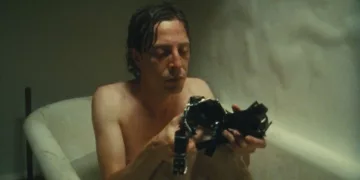








































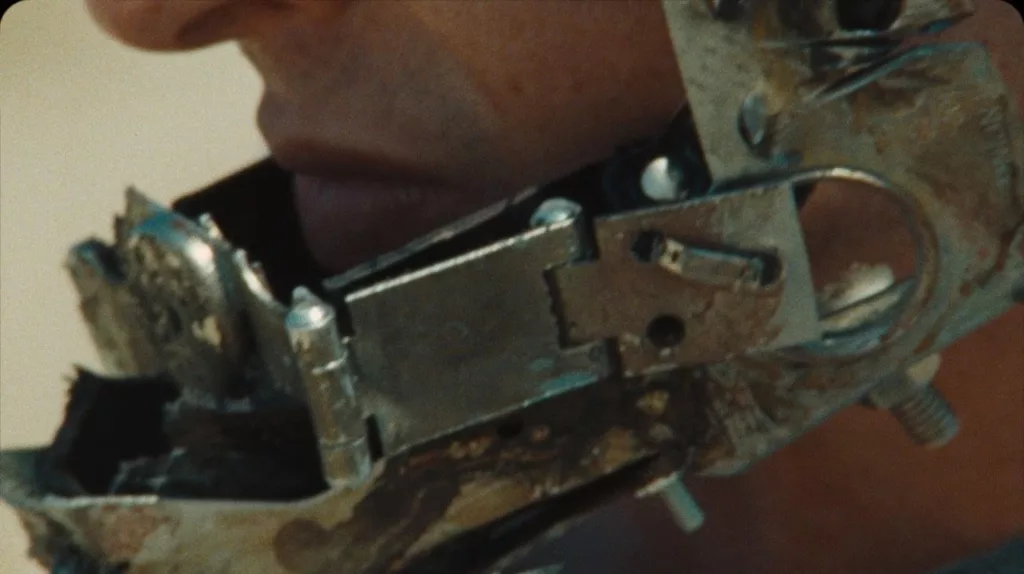
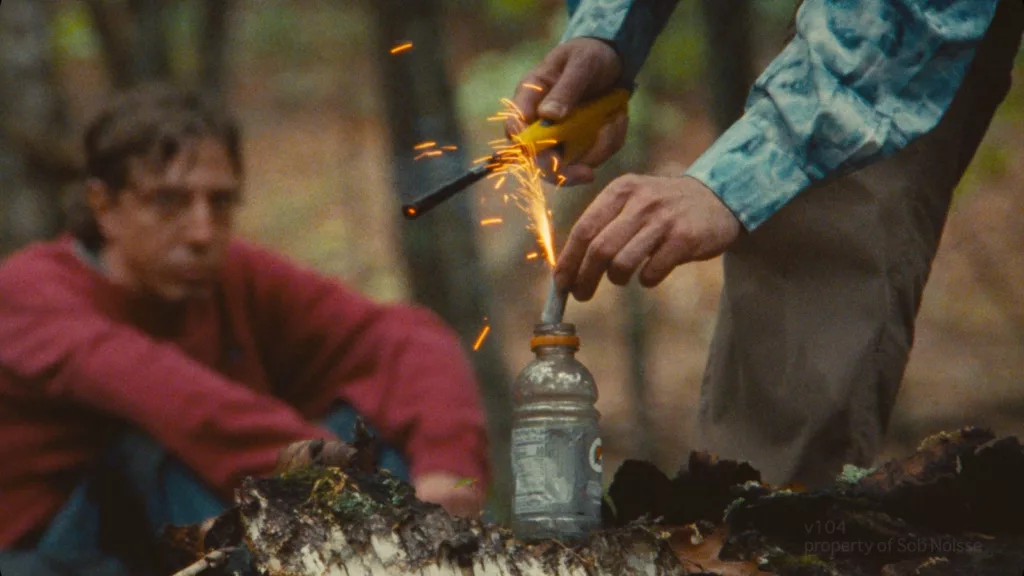
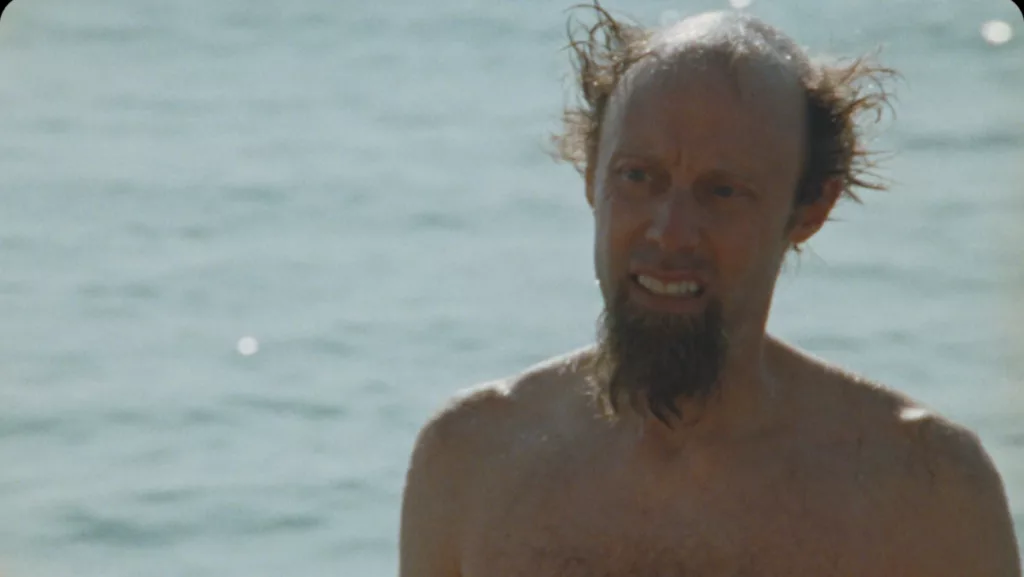
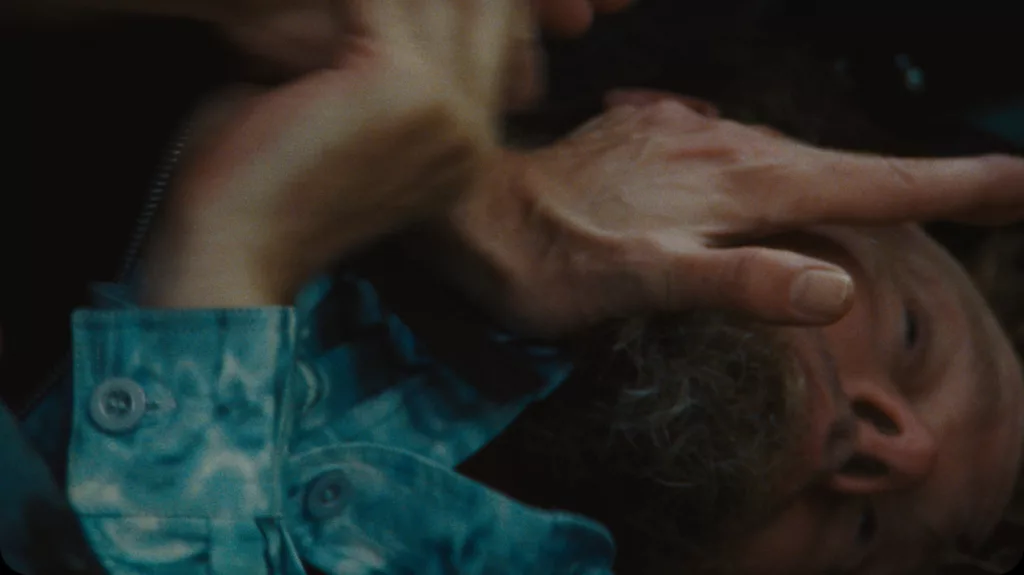
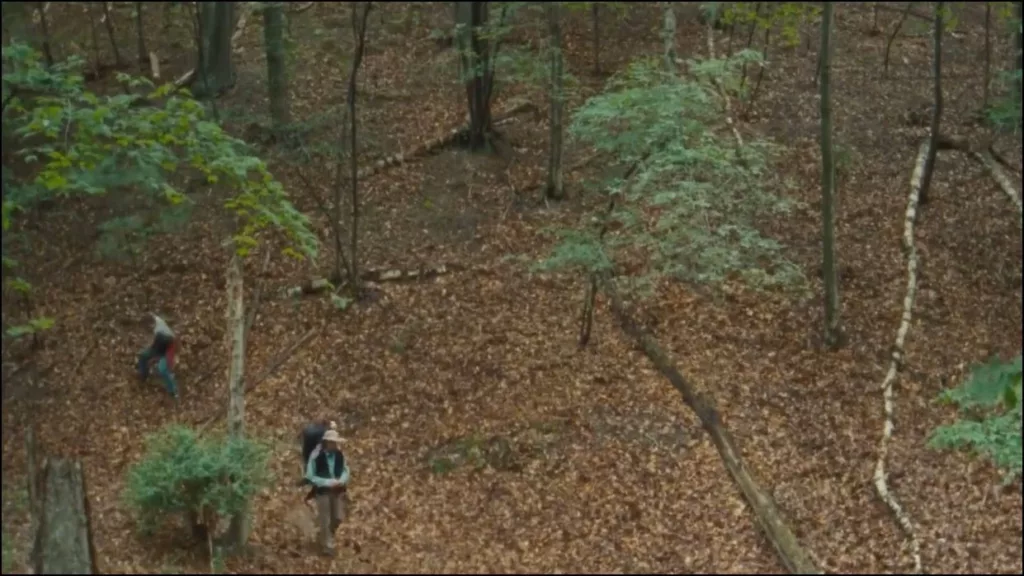








Discussion about this post